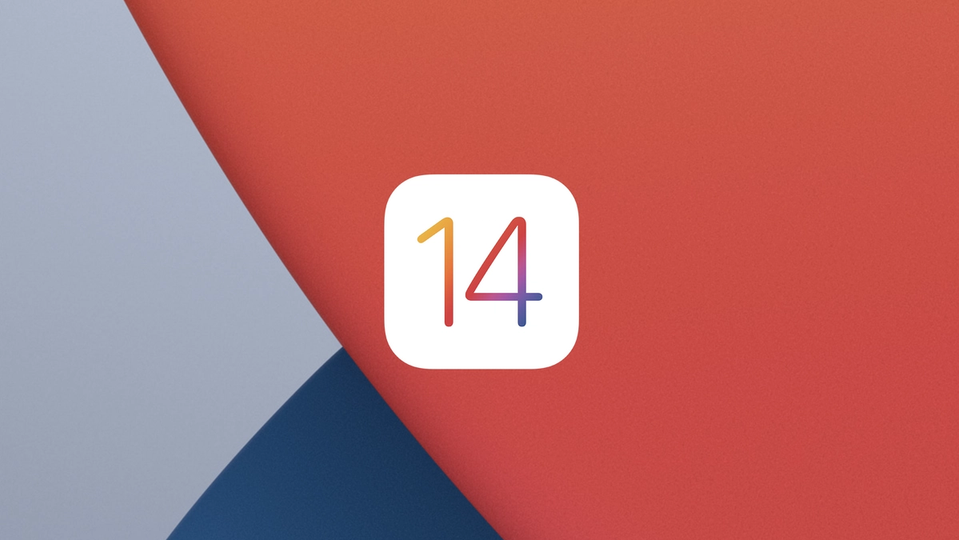Important changes in iOS14
- Insights
The iOS14 is one of the biggest updates Apple have had to this date, which started to roll out last week. The update includes plenty of new and improved functional features, but let's have a look at what it actually implies for digital marketers.

The update comes with a new privacy framework which will give users the freedom to choose whether they want to be tracked or not by apps in their ecosystem. Essentially, it will give them more control of how they share their data. The result is that platforms such as Facebook and Instagram will be required to ask permission to track data on the users. If they choose to opt-out of tracking, the platforms will lose the ability to gather data such as demographic data, as well as adding delay attribution.
Even though this privacy framework is limited to iOS14, it impacts the online advertising industry as a whole, as Facebook and other platforms are making changes to their features, as a way of adapting to the update. We have gathered a list of the biggest changes Facebook have made to their advertising features:
- Event limitation
- Reduction in custom audience sizes
- No 28 day attribution and limited view through attribution
- Demographic data will go away from reporting
- Clients will be asked to verify the domain that they are using for their ad location
As the VP Growth at Marketer, we have asked Sebastian Almnes to share his knowledge on the topic.
How will the update affect digital marketers going forward?
The biggest consequence we’re going to notice will probably evolve around the custom audiences on Facebook. Companies who use custom audiences frequently, will see a reduced size as a result of the people who opt-out of tracking. Secondly, companies with an attribution cycle that is normally above 7 days, might struggle to connect leads that are generated to the specific campaign that converted them. To conclude, this affects the whole industry and changes the way everyone operates to a certain degree, so I believe it is important to get used to the thought of being more flexible.
Do you have any tips for digital marketers on how to adapt to the changes?
- The first thing you should do is to verify your domain on Facebook so that conversion events will work as intended
- Start utilizing and store more of your own data rather than relying on services such as Facebook to give you the targeting selection that you want
- Explore the option of moving your front-end pixel tracking to the back-end using Facebook's new back-end API


